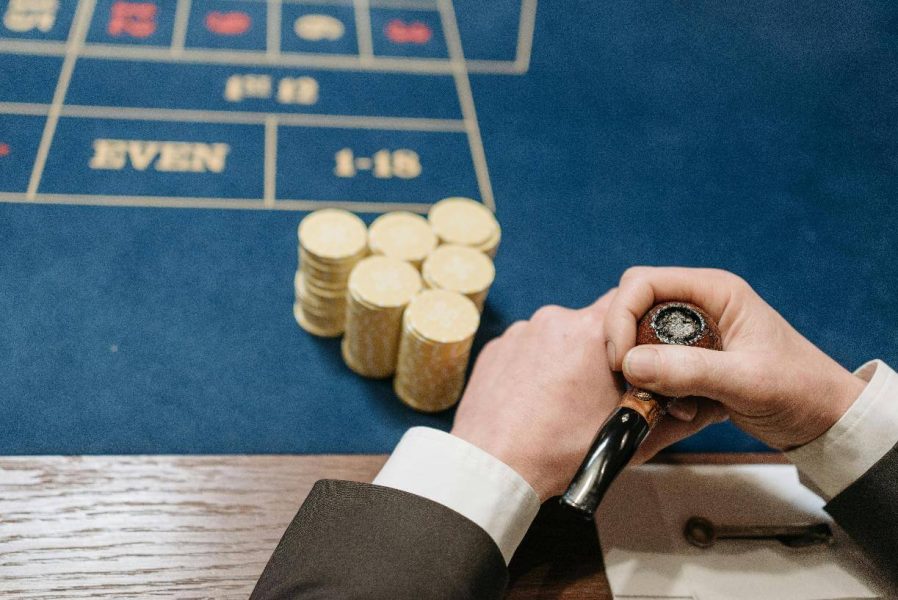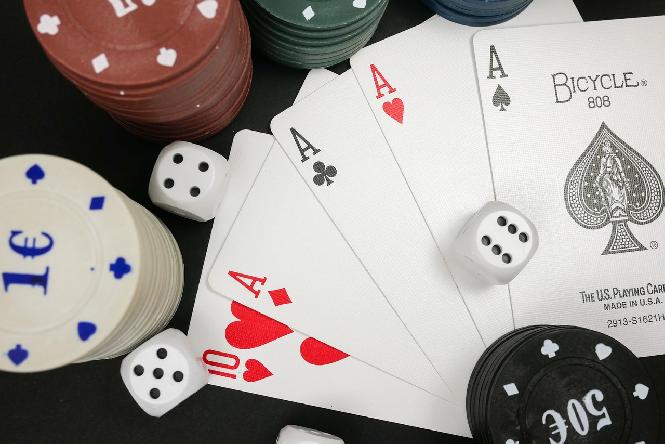
Gambling addiction, also known as compulsive gambling, is a serious issue that affects millions of people around the world. It is a type of impulse control disorder that is characterized by the inability to stop gambling, even when it is causing harm to the individual’s personal and financial life.
What causes gambling addiction?
The exact causes of gambling addiction are still not fully understood, but it is believed that a combination of genetic, psychological, and environmental factors may contribute to its development. People who have a family history of gambling addiction are more likely to develop the disorder themselves. Mental health issues such as depression, anxiety, and ADHD have also been linked to gambling addiction.
Moreover, the thrill of taking risks and the excitement of winning can be highly addictive for some individuals. For these people, gambling provides a temporary escape from their problems and allows them to feel a sense of control and power. However, when they start losing, they chase their losses, hoping to win back what they have lost. This cycle of chasing losses can quickly spiral out of control and lead to a full-blown addiction.
The dangers of gambling addiction
The consequences of gambling addiction can be devastating, not just for the individual who is addicted but also for their loved ones. It can lead to financial ruin, strained relationships, and even loss of employment. In severe cases, gambling addiction can also result in criminal behavior, as individuals may resort to illegal activities to fund their addiction.
Furthermore, gambling addiction has a profound impact on mental health. It can create feelings of shame, guilt, and desperation in individuals, leading to depression, anxiety, and suicidal thoughts. In fact, research has shown that people with gambling addiction have higher rates of suicide attempts compared to the general population.
Recognizing the signs of gambling addiction
Many people with gambling addiction are able to hide their behavior for a long time, making it difficult for their loved ones to recognize the signs of addiction. However, there are some common signs and symptoms that can indicate a problem, including:
– Preoccupation with gambling – constantly thinking about gambling, making plans to gamble, and feeling restless or irritable when unable to gamble.
– Being secretive about gambling – hiding gambling activities, lying to loved ones about the amount of time and money spent on gambling.
– Chasing losses – repeatedly trying to win back money lost through gambling.
– Neglecting personal and professional responsibilities – neglecting family, work, or personal hygiene to gamble.
– Needing to gamble with increasing amounts of money – needing to bet larger sums of money to get the same level of excitement.
Seeking help for gambling addiction
Overcoming gambling addiction is not an easy journey, but with the right support and treatment, it is possible. The first step is to recognize that there is a problem and seek help. This can be a daunting task for individuals with gambling addiction, but there are resources available to help.
Therapists and support groups specialized in treating gambling addiction can provide effective treatment options, such as cognitive behavioral therapy, to help individuals understand the root causes of their addiction and develop strategies to manage their impulses. Additionally, there are also hotlines and online resources available for those seeking help and support.
Conclusion
In conclusion, gambling addiction is a serious problem that can have a devastating impact on an individual’s life. It is crucial to recognize the signs and seek help early on to prevent the negative consequences of addiction. With proper treatment and support, individuals can overcome their addiction and regain control of their lives. It is also essential for society to address the roots of gambling addiction, such as the glamorization of gambling in media and the accessibility of online gambling, in order to prevent further cases of addiction. No one deserves to suffer from the detrimental effects of gambling addiction, and it is our collective responsibility to address it and offer support to those in need.


